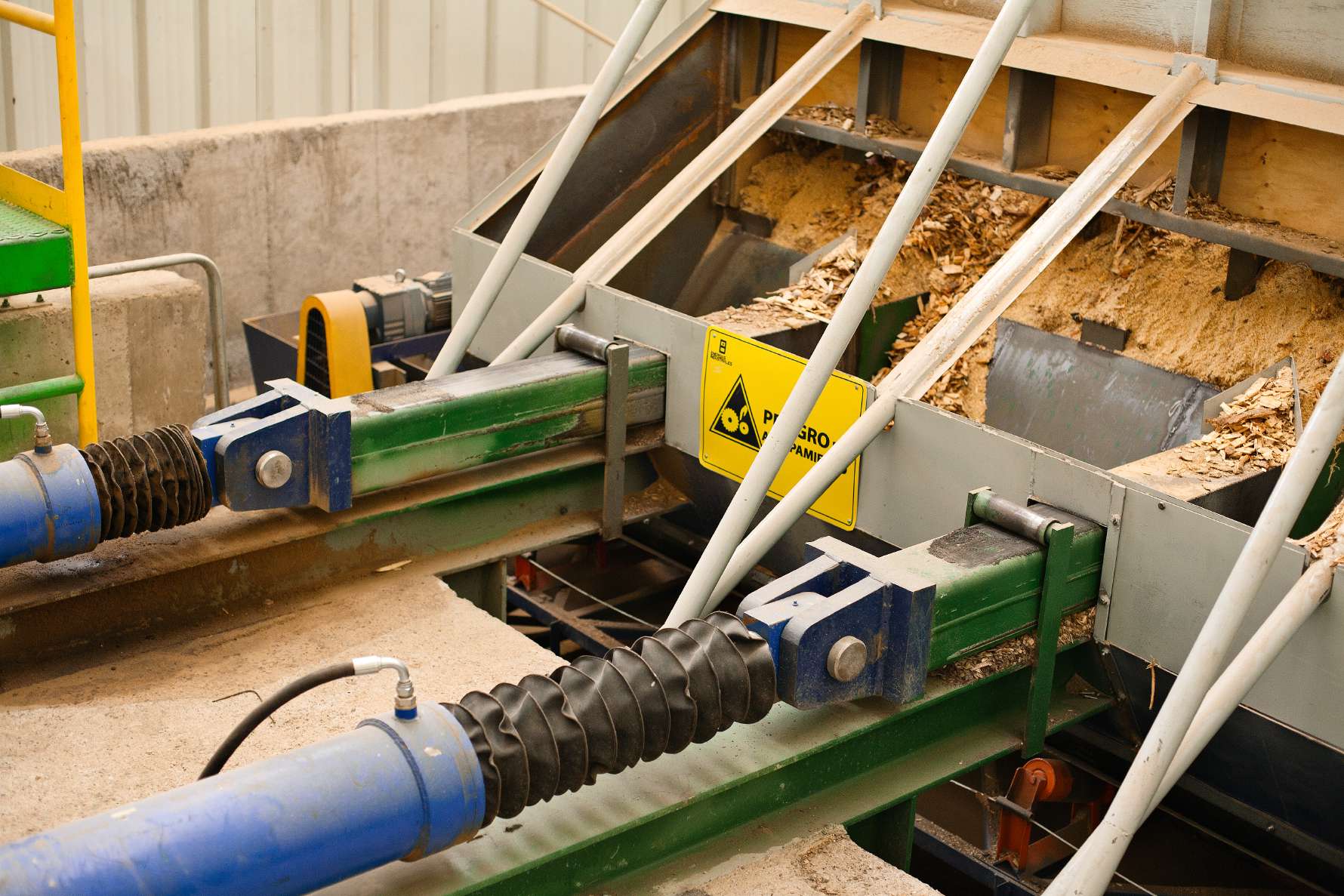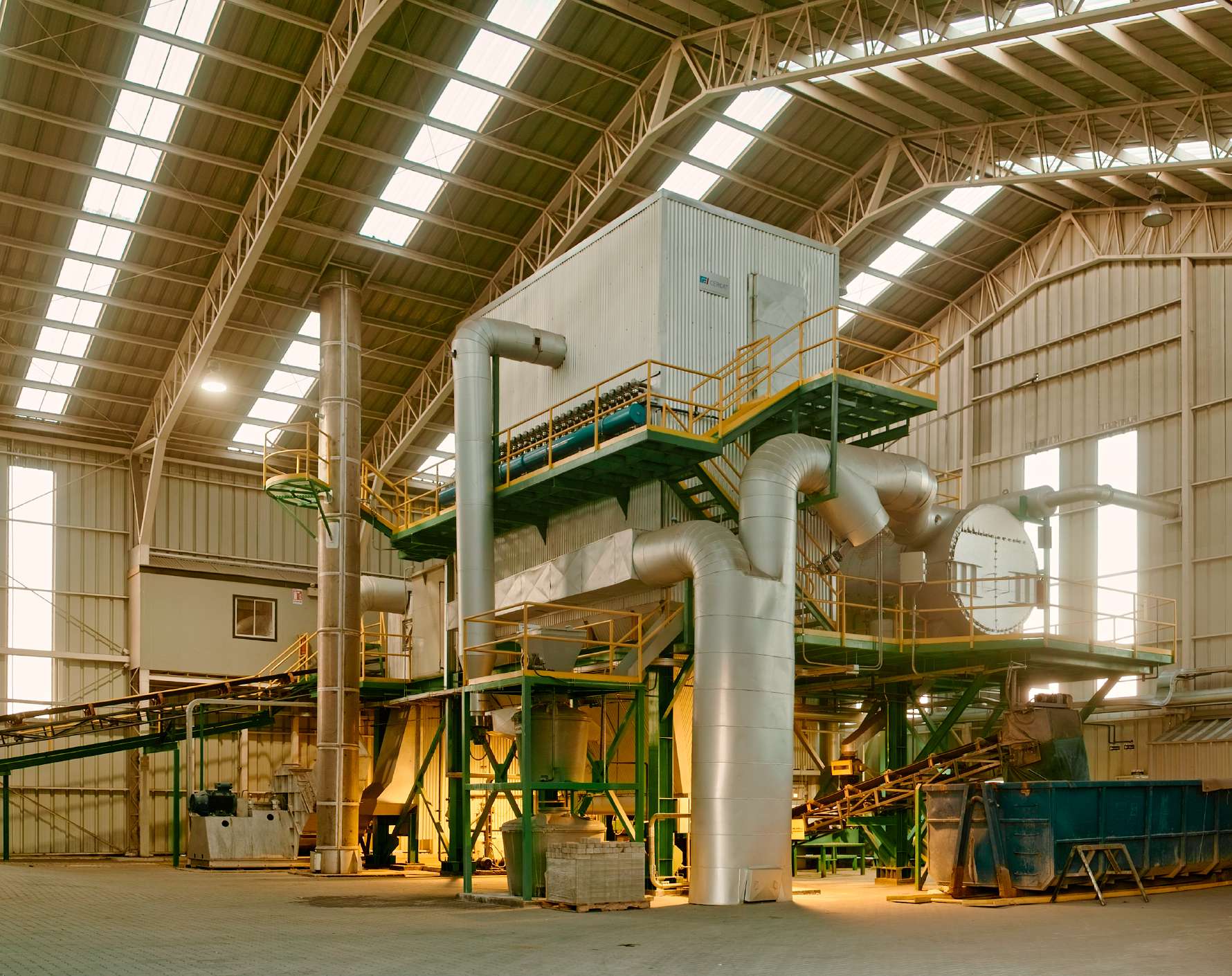Related use case
Why thermal energy solutions provider EISA chose Factry Historian to monitor and analyse IIoT data from its biomass boilers.
Frederik Van Leeckwyck on , updated
Energías Industriales S.A. (EISA), based in Chile, specialises in designing, constructing, and operating biomass boilers. Rather than providing equipment, they deliver biomass-generated steam, measured in tons per hour, at specific pressures to clients across diverse industries such as Food & Beverage.
Recently, they have been exploring new business areas by delivering energy monitoring platforms, helping clients to optimise their energy consumption, and guiding them through the energy transition. Here’s how they leverage Factry Historian to develop these new business domains.

In 2022, EISA reached out because they sought a user-friendly and maintainable solution to monitor and analyse process data. With Factry Historian, we helped them uncover actionable process insights, establish a continuous learn-and-improve cycle, and improve operational efficiency.
“Implementing the historian on our biomass boilers has been very useful”, says Javier Calvo, EISA’s Development Engineer. “It really helped us understand our processes better. Now, we’re also offering smaller monitoring installations to clients, including energy optimisation as-a-service, with Factry Historian in the box.”
Headquartered in Santiago, the capital of Chile, Energías Industriales S.A. (EISA), designs, builds and operates biomass boilers. Through their on-site installations, they offer industrial companies a renewable and cost-effective solution for generating medium pressure steam to use in their processes. Additionally, they offer mobile boiler rentals and energy monitoring services with a special focus on thermal energy.

“Fueled by increased government regulation and environmental consciousness, there is a growing demand for decarbonisation in Chile”, says Javier. “By offering energy monitoring services, we help clients understand how they are using energy, and how they can improve. For instance, it could make economic sense to install another solution to replace a gas boiler, whether it be a heat pump, an electric boiler, or a biomass boiler.”
“Our clients understand well how their boilers are running, but often lack insights into the efficiency of it, and are unaware of the associated cost. Let’s say you’re running 5 percent inefficiently. The cost can be quite expensive, especially in the light of soaring gas prices, rising geopolitical tensions, and a lack of natural fossil resources. We can help them reduce those costs.”
“Implementing Factry Historian simplifies the process of understanding their boiler’s performance and identifying potential problems. The main return we’re seeing is optimised processes, since we can now find the reason they turn on their gas boilers, run them more efficiently, or even shut them down.”
“Our clients are happy, because they are saving money. Yet, because every plant is unique, the return varies based on the client’s commitment to improvement. In my experience, clients who fully utilise the historian’s abilities, face fewer recurring issues and generally enjoy smoother plant operations.”
“The historian also enhances our client’s Engineering department by providing valuable insights into their plant’s operations. With automatic feedback loops, they can swiftly assess the plant’s performance and the success of their adjustments. They can now understand quite quickly what’s going wrong.”

“The software’s usability. Additionally, its integration with the open-source visualisation tool Grafana proved highly appealing, as it offers diverse graph options, and continuously evolves. Seamlessly integrated into Factry Historian, we can perform advanced calculations, and store data efficiently.”
“Factry also distinguished itself by providing its services directly in the cloud, eliminating the need for a local integrator to establish cloud connections. Moreover, our system is entirely self-manageable, allowing us to install the software and set up the cloud infrastructure at clients’ sites independently. Only when we have a totally new requirement, we have to go to Factry.”

“So far, it has been a great experience, meaning I would rate the solution with a perfect 10 out of 10. The software fulfills our needs entirely, is flexible, and offers great usability. Our previous historian was not all that convenient. As a result, few people used it. Through the nice interface, and its adaptability, Factry Historian is now used on a daily basis by our machine operators.”
“We’ve still got some work to do in standardising our biomass boilers, with the goal of making it even easier to compare data from different installations. I’m also hoping to implement the Event Detection and Analysis Module as soon as possible, as this will open new opportunities for analysis and improvement.”
“Today, we’re merely looking at data in thresholds: a certain value shouldn’t go above or below a certain value for processes to run optimally. Especially for the biomass boilers, the historian’s event analysis module will be very useful, since it will open lots of new possibilities such as preventive maintenance.”
“We’re currently also working on implementing MQTT, which will enable a more simplified data exchange. MQTT is light, easy to install and implement with clients, and allows for continuous monitoring. Which, in turn, will be great for smaller equipment we use to measure values such as temperatures or pressures.”